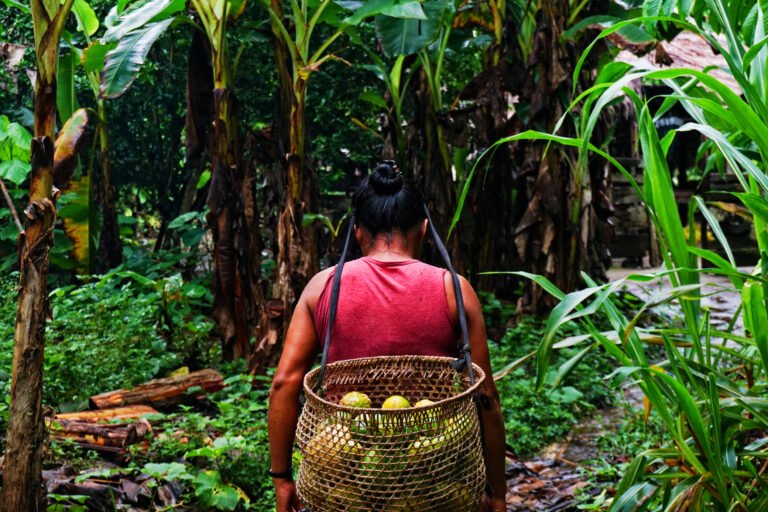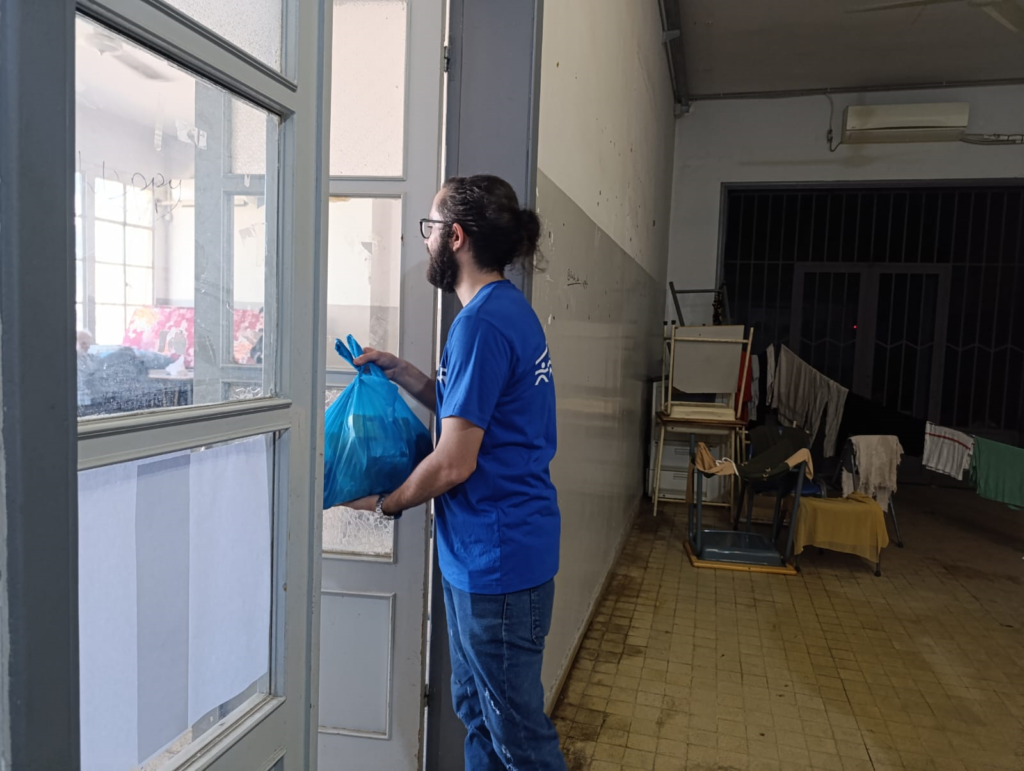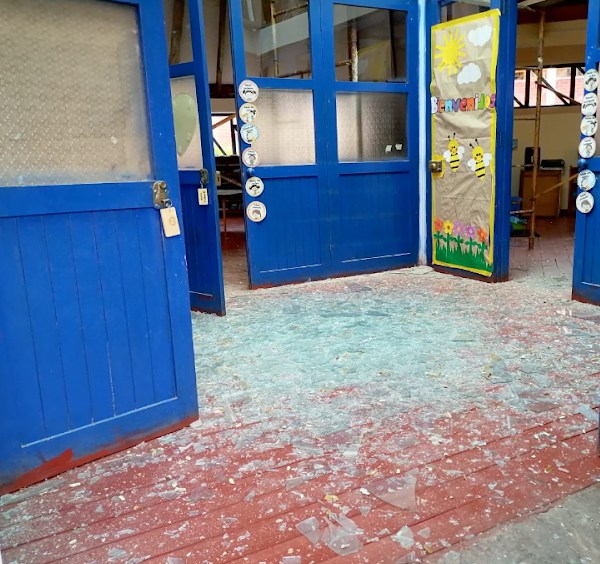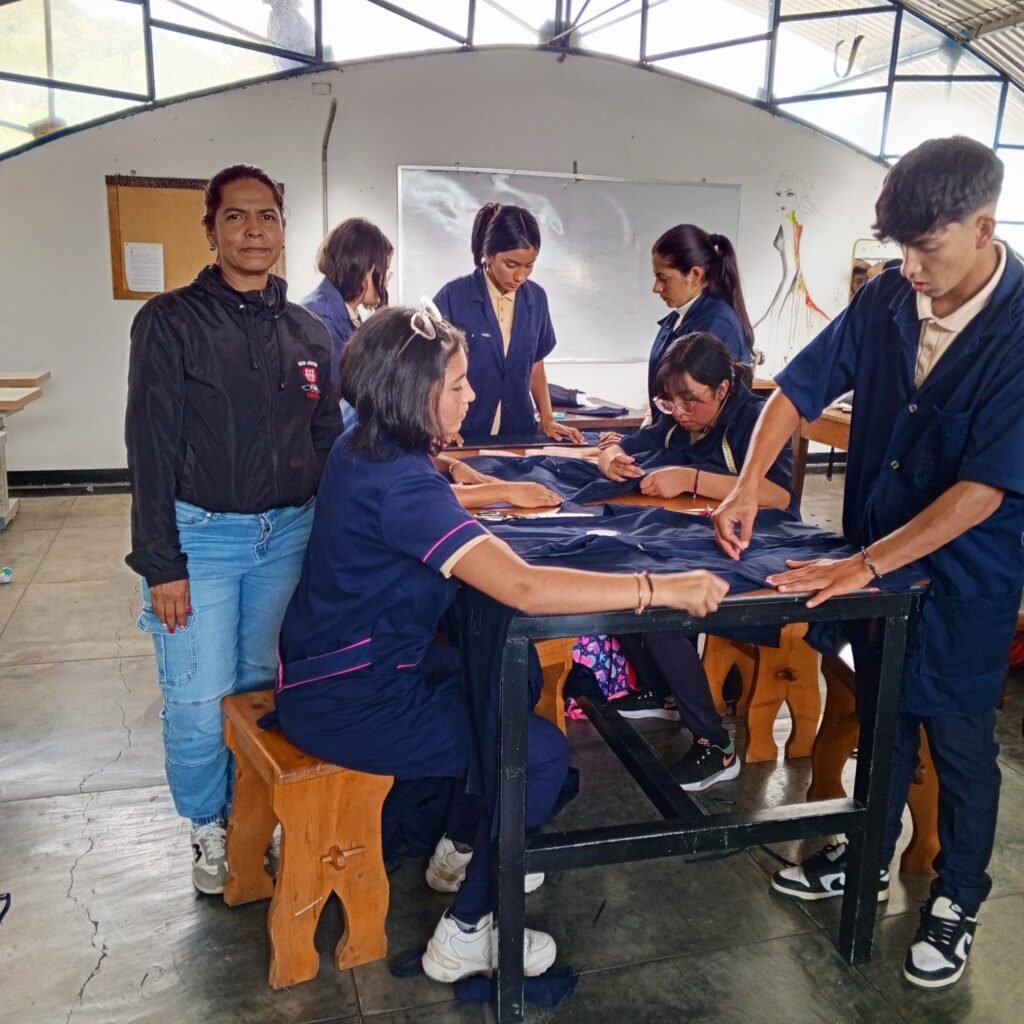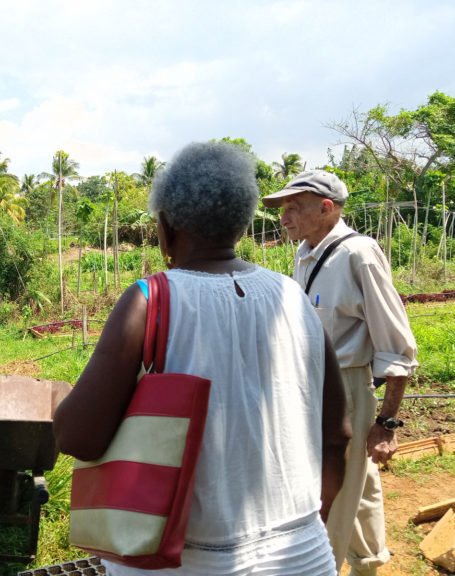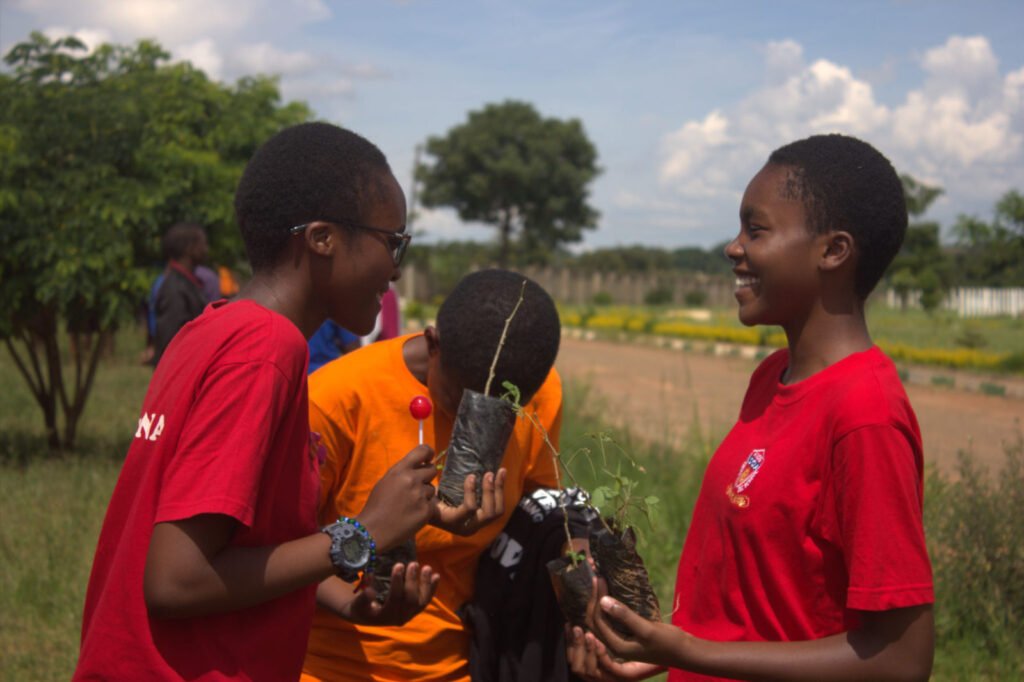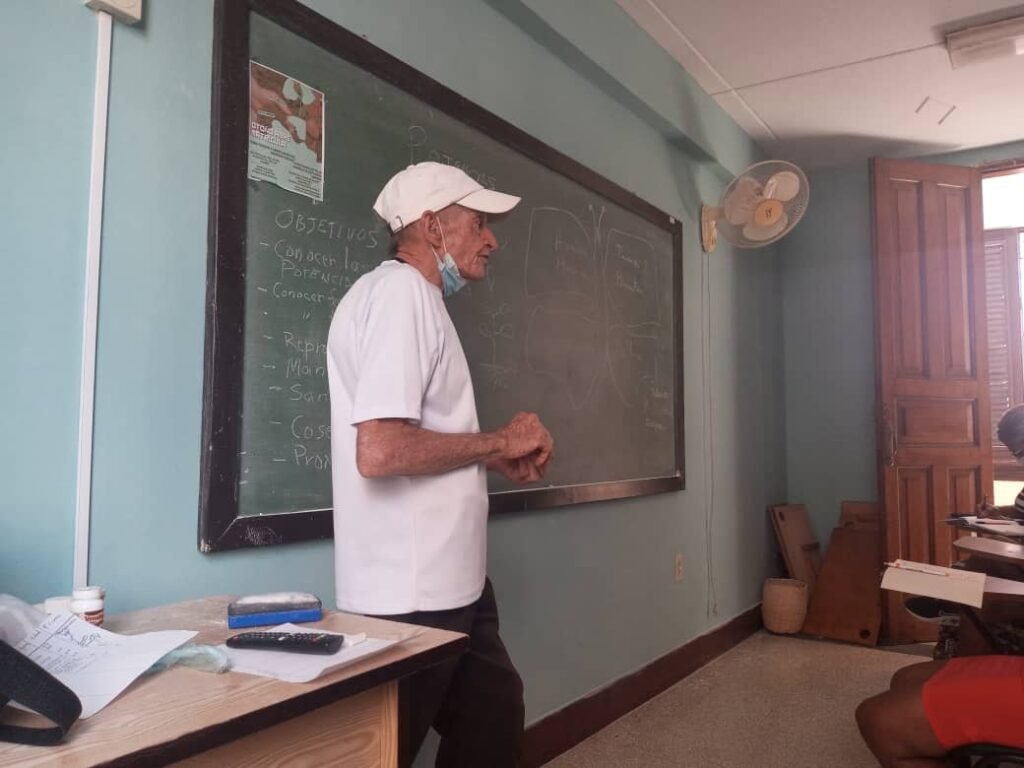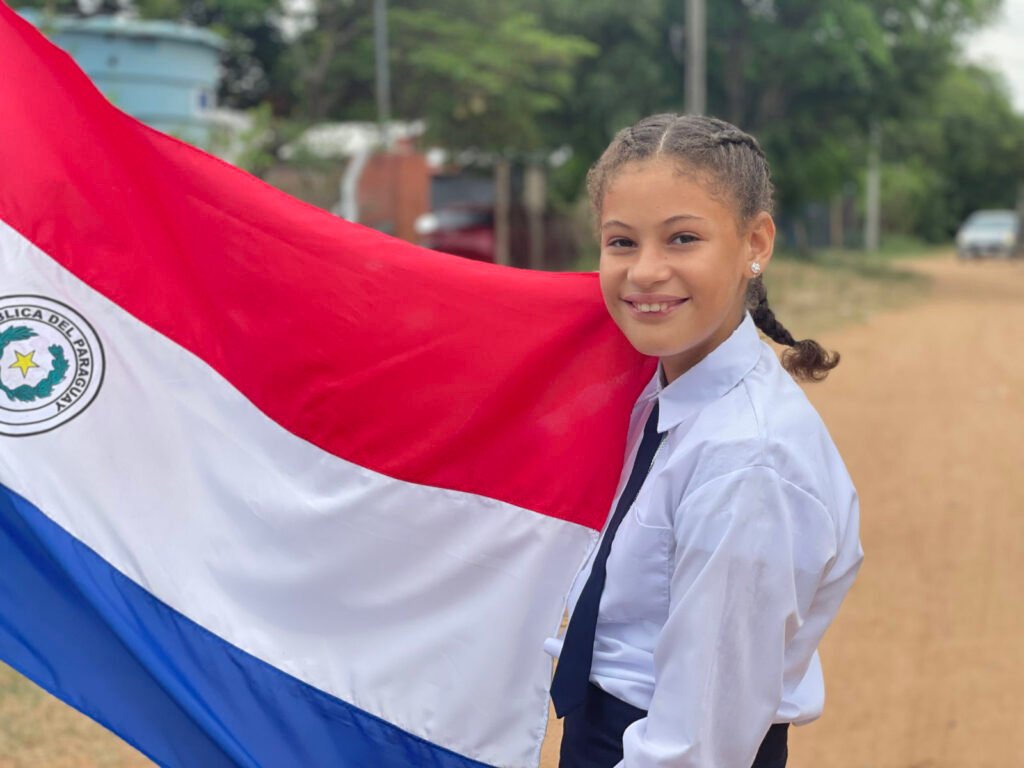“We must learn to take care of our Common Home, the way we are doing it today is not working. There is a need to take on an ecological approach that transforms our way of inhabiting the world, our lifestyles, our relationship with the earth’s resources and, in general, our way of seeing human beings and living life.”
(Pan Amazonian Meeting FyA 2021)
A couple of weeks ago, I had the opportunity to talk with Irma Mariño, leader of Fe y Alegría’s Integral Ecology and Pan Amazon Initiative. This initiative is working to unite and accompany the many diverse elements of the International Federation of Fe y Alegría, or Fe y Alegría International, in their response to one of our world’s most pressing challenges: Care for our Common Home. Pope Francis drew our attention to the importance of this cause in 2015 with his Encyclical Laudato Sí and the Jesuits have identified the same in their Universal Apostolic Preferences. From the perspective of Fe y Alegría (FyA), Irma and the other members of this initiative are doing their part to respond to this call to action and inspire the entire FyA community to join them. According to Irma, “The consequences for present and future generations are quite serious, they are very worrisome. Here, from the educational and community sphere, Fe y Alegría has an important voice.”
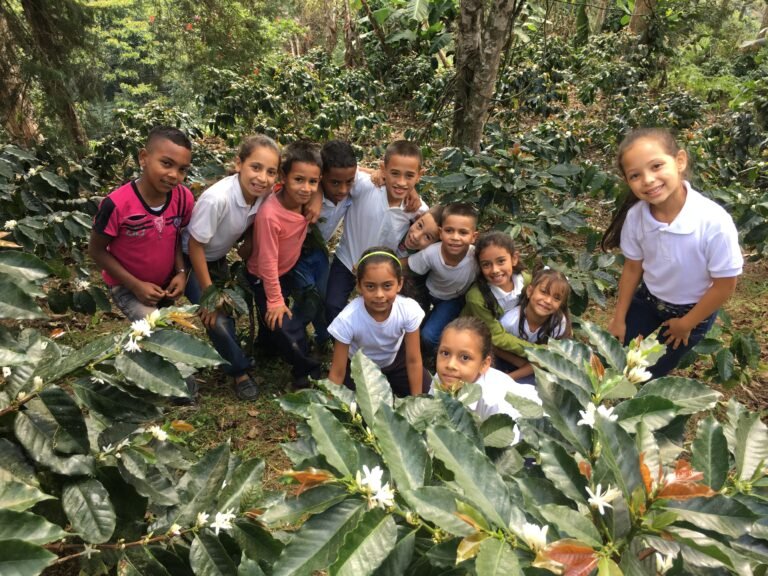
Since 2018, FyA has used this voice to call attention to the importance of caring for our Common Home. During the first few years the “For the Pan-Amazon” project team organized their efforts around three themes: intercultural education, intercultural bilingual education, and care for the Common Home. In 2021, FyA identified 12 federation initiatives that “unite the “horizontal” with the “vertical” dimension of institutional governance”, and transformed this working group into a global initiative for all of FyA.
As the group began to consider their role as a core initiative of Fe y Alegría International, the diversity of experience and action of FyA around ecology came into focus. This led the group to place new focus on a vision of “integral Ecology” that could unite the International Federation. “We placed more weight on integral ecology because of the challenge of universality in the Movement as a whole,” says Irma “Without losing our inspiration, our wellspring which are the Amazonian worlds… Now we must also speak of the basins of Africa. This was, for us, a new challenge; to look more globally.”
The diversity and transversality of this initiative is both a great promise and a major challenge, similar to the danger of climate change at a global level. Every person contributes to the care of our Common Home, positively or negatively, regardless of whether we live in a city in North America or a village in the Amazon. This “transversality” means that the Integral Ecology and Pan Amazon Initiative has implications for the entire Fe y Alegría Movement. “Integral ecology has to be a transversal axis in all the actions of this federative movement,” explains Irma “At all levels. From the most directive level, but also in the diversity of Fe y Alegría’s presence. The International Federation is not only in schools. It is also present in social centers and other institutions. Integral ecology must be present in everything. Promoting strategic processes and actions in institutional and pedagogical management, in coexistence and new leadership, in the capacity for alliances and local, regional and international impact.”
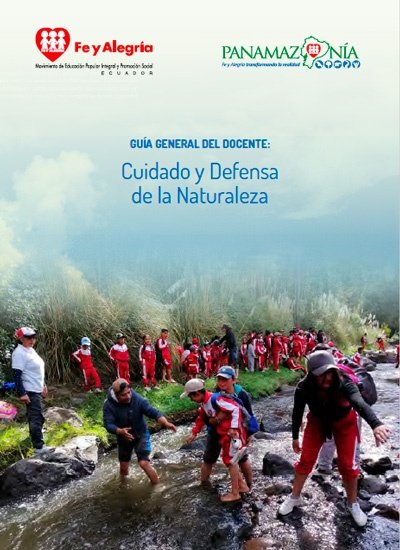
In order to understand the role that each of us has in this transversal, integral approach to ecology, Irma explained that we must begin by contemplating our own reality to see ourselves in this mission. “We learn to read our environment in all of its dimensions. To connect. To feel and understand our world.” Irma explains, “To see and show what is happening in our world. The pain. The struggle. The hope… to see life in all its complexity.” From this contemplation we can better understand our own role in integral ecology and the challenge of promoting an ecological citizenship that cares for the common home. Utilizing the education resources that the Initiative has developed for all age groups, advocating for ecologically responsible policies locally and globally, or simply taking personal steps to be more sustainable, Integral ecology begins with personal and communal reflection. This leads us to action. To set out to transform situations that threaten the fullness of life, including deforestation, illegal mining, contamination of rivers and water sources, as well as the murder of land and environmental defenders.
At the same time, integral ecology must lead us to dialogue and collaboration. “We need to dialogue with others, build and generate a network, a fabric of alliances. This means a willingness to be open,” explains Irma. For its part, the initiative has convened several virtual and in-person meetings since 2021 to discuss the challenges and opportunities of Fe y Alegría in the area of care for the Common Home and the Pan Amazon. This process of dialogue and reflection has led the initiative to produce a Reference Framework for Integral Ecology.
In February 2024, Irma and her team presented this new framework for the initiative entitled “Learning Together to Care for Our Common Home” to the national directors of Fe y Alegría. This document, which will be published in the coming months, captures the history of this initiative and proposes an ambitious path for its global, integral work in the International Federation. In its conceptual framework, the document offers a review of integral ecology, based on the encyclical Laudato Sí and the documents produced around the Synod for the Amazon. On this basis, it goes on to offer approaches that illuminate the experience, practices and processes promoted by the Initiative, and proposes educational processes that will guide the incorporation of integral ecology in the various areas of the Federation.
In addition to all the practical and guiding elements of the new framework, the document also serves as a call to the entire Movement. As Irma explained in our conversation, this initiative is all inclusive and the entire educational community is involved. According to her, integral ecology must go beyond our classrooms; it has to leave the playground of our schools and become a purpose for the whole community. The document describes it this way: “Incorporating the family and the community in the process of building ecological citizenship goes beyond the boundaries of the classroom, extending the connection of friendship, care, fraternity and collaboration beyond the school environment.”

On April 22, we commemorate Earth Day. On this occasion, we give thanks for the work of Irma, her entire team of the Integral Ecology and Pan Amazon Initiative, and all the members of Fe y Alegría who incorporate this vision in their daily work. We believe that education is a tool for social transformation and, by incorporating integral ecology in our educational communities, we take another step towards a sustainable and just society for all.
